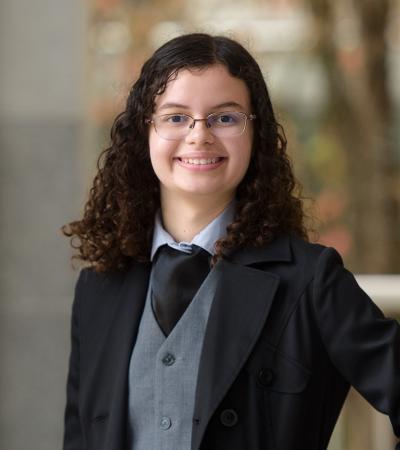Bio updated 2022.
During their time in the Kellogg International Scholars Program, Marissa Plante assisted Professor Guillermo Trejo in researching the mechanisms and effects of transitional justice. They focused specifically on Peru, extracting information from many different research publications, investigative reports, and truth commission documents to construct a narrative of the country’s descent into and recovery from authoritarian governance. This work honed the research skills that they would later use to complete their senior thesis, “The Effect of Christian Environments on the Welfare of Gender Nonconforming Students”. The study used a quantitative survey and qualitative interview to investigate the impact of Christian college environments on the physical, mental, and emotional wellbeing of gender nonconforming students.
Currently, Plante is a legislative assistant in the California State Assembly. In this position, they work directly with constituents and interest groups to turn creative ideas into real, functioning solutions. Although they work with a wide variety of political issue areas, they primarily concentrate on environmental legislation. They hope that through diligent research and intellectual honesty, they can give back to the state that has offered them so much.
The profile below was current as of 2021 when she was part of the on-campus Kellogg community.
Marissa Plante’s research interests center on the relationships between government, the legal system, and society and how these relationships affect the state of a nation’s human rights. Through Kellogg ISP, Plante has assisted Professor Guillermo Trejo with his upcoming book about connections between transitional justice measures and violent crime rates in formerly authoritarian nations. Specifically, Plante has helped Professor Trejo compile and analyze a comprehensive case study of Peru for his book, detailing the nation's journey through civil war, dictatorship, and transitional justice. Currently, Plante is working on a thesis analyzing the welfare of gender-nonconforming college students. The thesis aims to compare the welfare of students attending 1. secular and Christian universities, and 2. universities whose nondiscrimination clauses protect gender expression and those that do not.
She is currently a research assistant of the Kellogg Institute's Notre Dame Violence and Transitional Justice Lab (V-TJLab).







